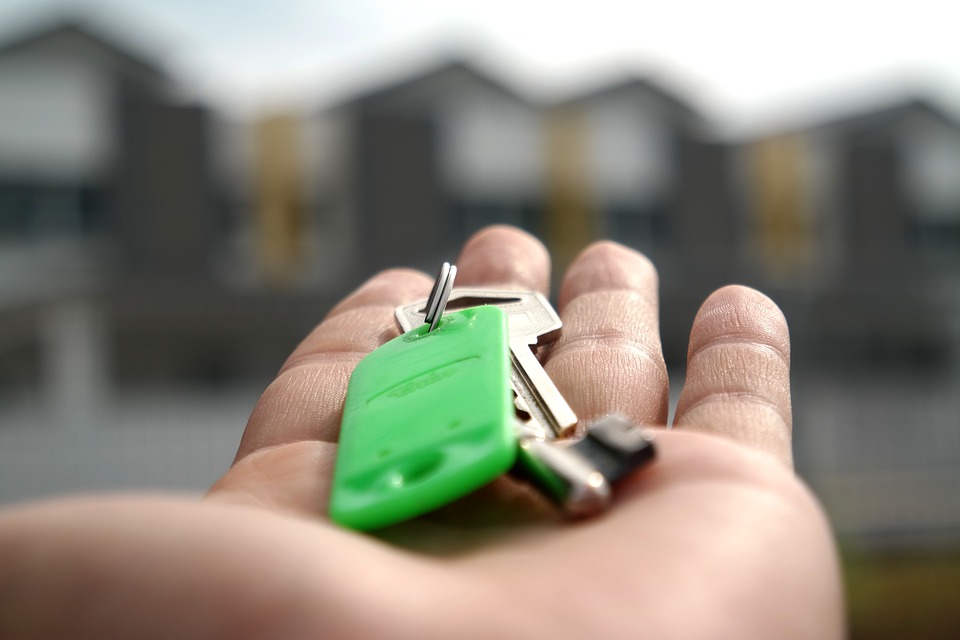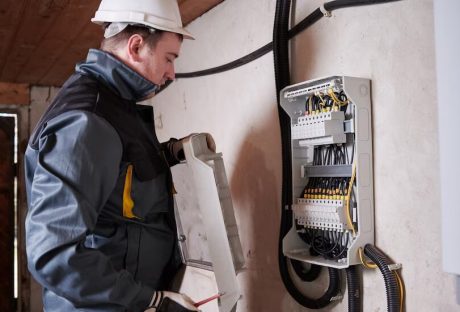Having a home is the best asset that each family desires because housing is a basic need. The challenge with most people is that they make several mistakes while buying their first home. You need to be keen because this is a long-term investment. Some of the mistakes you make can cost you for the rest of your life. Here are some of the home buying tips for first-time buyers.
Financial Planning
You will rarely come across a person buying a home in cash. Most of us rely on mortgages to finance their home purchase. It means that you need to do a lot of planning before you make the final decision. First, you will be expected to make a monthly payment towards the mortgage. Look at your financial cash flows and make sure you are comfortable with the monthly installments. You don’t want to buy a house that will be repossessed along the way because of the inability to pay. Assess your future cash flows to make sure that you are on the safe side. It’s good to have an alternative source of income just in case the primary source fails.
Recommended reading: Five Efficient Uses Of Propane In Your Home
So many financial institution advance mortgages to their clients. Look for a financier whose mortgages have the best features. You need a loan that is not very expensive in the long run. Assess both the finance fee and the loan interest rate to get the best deal. Also, look at the lending policy of the borrower. Look at how they handle default because no one can see tomorrow and you need to prepare for the worst. You can also use probate estate loans. Banks offer different mortgage products and you need to do your homework well to get the best product.
Size of the House
Make sure you evaluate your housing needs before you begin shopping for one. A home is not something that you can buy at any time. It is a long-term investment that can take you even 30 years to clear the mortgage. Make sure you evaluate your future and current housing needs. For instance, a single person who is planning to get married should plan for the future needs of his family. Buy a house with the future needs of your family in mind. It is very little you can do when you discover later that your house is too small. Make sure you buy a house that will meet all your needs in the long run.
Location of the House
Location is an important element when buying a house for the first time. First, look at the accessibility of the house. Infrastructure is very important when buying a home. Make sure you are comfortable with the distance of the house from the road. You should be able to access the house with a lot of ease. The house should also be close to social amenities such as schools, hospitals, shopping malls, restaurants, and gyms just to name a few. It can be hard to get an ideal location but you can try to get the best from what the market has to offer. The last thing to look at is the neighborhood. This element is mainly determined by your age and lifestyle. You can decide to go to a neighborhood that has old people or the young generation.
Using Property Agents
Home buying companies have a long list of houses for sale in the region. Using them can save you a lot of effort. They can give you several options and you will be able to choose the best. You will also get an opportunity to compare the prices of different homes for you to get the best value for your money. You can cushion yourself against exploitation from greedy sellers by using property agents. You will pay property agents some fee but it is cost-effective in the long run. It’s always a good option to use the help of North Coast Financial advisers.






















